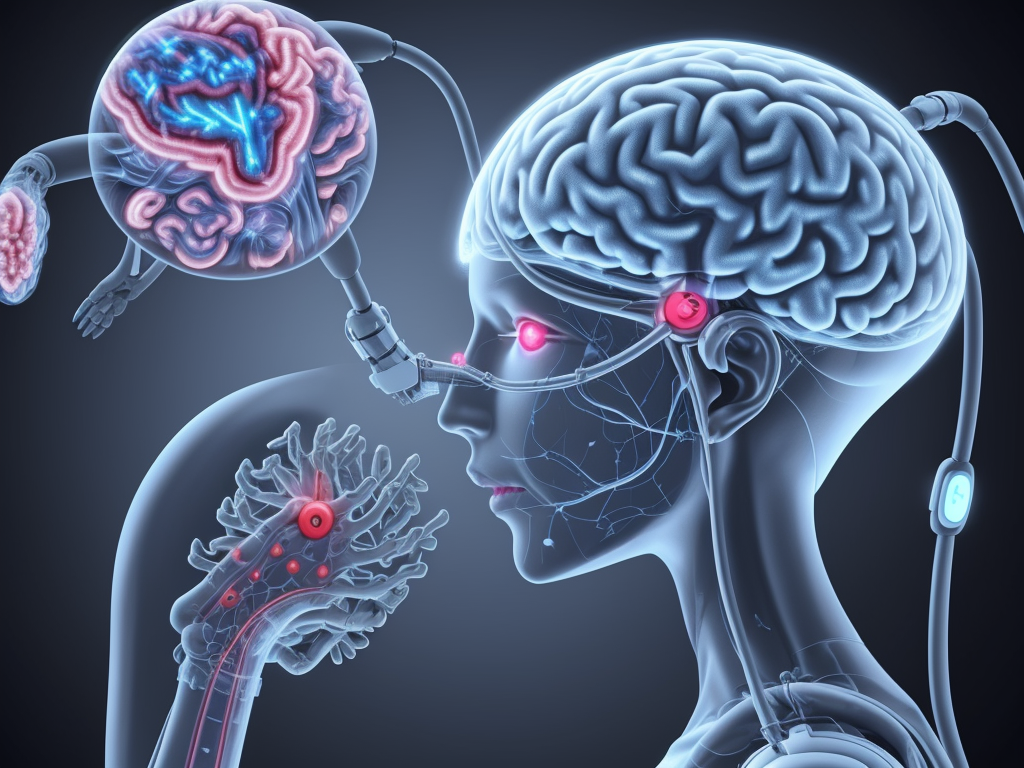In an era where technology endlessly evolves, neurotechnology emerges as a groundbreaking field promising to revolutionize how we understand and interact with the brain. Combining neuroscience, artificial intelligence, and personalized medicine, this innovative approach aims to tailor health solutions to individual needs, enhancing both mental well-being and overall quality of life.
Understanding Neurotechnology
Neurotechnology encompasses a range of tools and techniques designed to interface with the nervous system, offering unprecedented control over brain functions. Key components include:
- Brain-Computer Interfaces (BCIs): These devices translate neural signals into commands for external devices, enabling communication without the need for muscles or limbs.
- Functional Neuroimaging: Techniques like fMRI and EEG provide insights into brain activity patterns, helping identify regions associated with specific functions or disorders.
- Therapeutic AI: Leveraging machine learning, this technology analyzes vast amounts of neurodata to diagnose conditions or predict treatment responses, offering personalized medical advice.
The Vision of Personalized Health
The ultimate goal of neurotechnology in health is to create personalized solutions that cater to individual differences. By analyzing unique brain patterns and neural pathways, these technologies can:
- Tailor Treatments: For mental health issues like anxiety or depression, offering therapies based on the specific brainwave patterns of the patient.
- Enhance Recovery: In neurodegenerative diseases such as Alzheimer’s, potentially slowing disease progression through targeted support.
- Preventive Health: Identifying individuals at risk of mental disorders early and providing preventive interventions to improve overall well-being
Scenarios in Action
Imagine a future where access to personalized health solutions is intuitive. Picture this: you open an app called “NeuroMind,” and within seconds, it starts analyzing your brainwaves through your smartphone. It detects patterns indicative of stress or anxiety, then suggests relaxation exercises tailored just for you.
Or envision a reality where individuals with disabilities gain unprecedented control over their bodily functions. Using neurotechnology, they could direct devices to perform daily tasks like opening doors or navigating public spaces, independent of their physical abilities.
Moreover, imagine healthcare providers using this technology to diagnose conditions more accurately and quickly than ever before. Instead of relying on blood tests or imaging scans, AI-driven tools analyze neural data for potential insights, leading to earlier and more accurate diagnoses.
The Road Ahead
While the concept of neurotechnology for personalized health is exciting, it also presents significant challenges:
- Ethical Considerations: Ensuring these technologies are used ethically, respecting individual privacy and autonomy.
- Regulatory Frameworks: Establishing guidelines and regulations to govern the use of such advanced technologies in healthcare settings.
- Public Acceptance: Addressing potential skepticism or fear among patients about new and invasive procedures
Despite these challenges, the benefits appear immense. By addressing each individual’s unique needs, neurotechnology can transform healthcare from a one-size-fits-all model into a highly personalized, compassionate practice.
Conclusion
As we continue to explore the frontiers of neurotechnology, we stand at the brink of a new era in health and wellness. This field holds the promise of revolutionizing how we understand and interact with our rains, offering solutions that are as unique and tailored as the individuals they serve. While much work remains, the vision of personalized health is not just a futuristic aspiration—it’s a reality poised to be realized, enhancing our lives in ways we can only imagine today.







